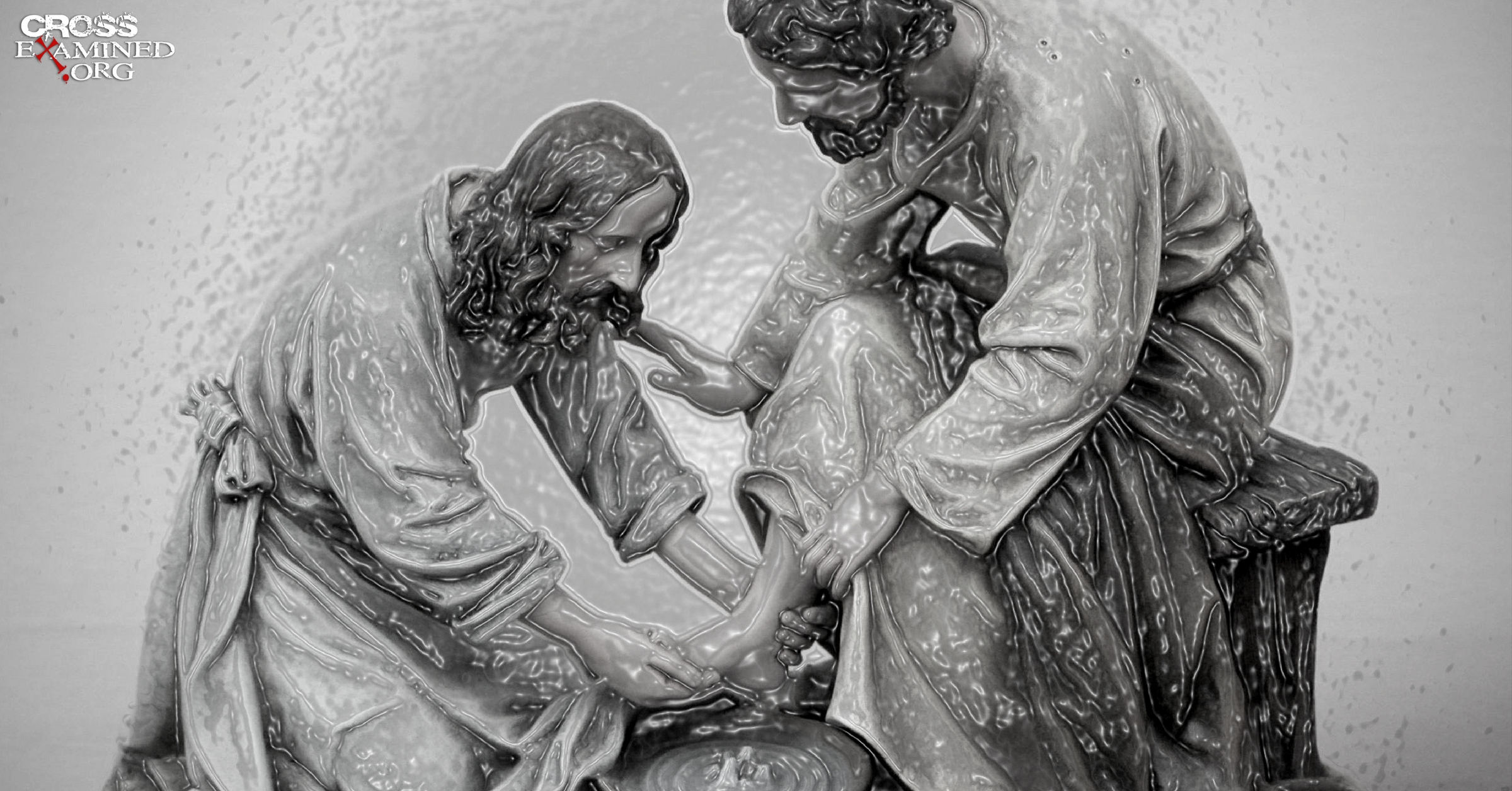By Al Serrato
I attended an awards assembly recently with my teenage son. He had written an essay on the value of military service, so the speeches and theme this night had to do with the traditions of service. And though this assembly was conducted at a Christian school, none of the comments made addressed the question of why people are willing to sacrifice in service to another. As I sat listening, a comment I had heard many years ago occurred to me: we are living on the fumes of past generations. Especially in the United States, many of us are living out the finest traditions of service, but few seem to remember what the generations that came before us – especially that first group of Patriots that set this great experiment in ordered liberty into motion – knew. Not only do our freedoms derive from the God that created us, but the idea of “service” makes the most sense within the context of a Christian worldview. Their vision of the benefits of service lingers with us, but many seem to be forgetting the reason – the value – behind service.

Consider: many people draw satisfaction and a sense of purpose from serving others. They may never wonder why this is so, but simply recognize the satisfaction it allows them to feel. Others seek out and enjoy – whether secretly or not – the recognition that service to others may entail. However worthy their efforts, they are being done not exclusively for the benefit of the other, but also for the benefit of the doer. This may seem an unfair criticism, especially when one considers that a growing number of people seem to have no interest in serving others, regardless of motivation. But this comment is an observation, not a judgment. It is simply the case that in serving others, we usually obtain some level of reward, whether purely psychological or not.
If, then, these efforts are but an approximation of something else – some purer sense of service that we approximate but never quite reach – just what is that something else? In the Christian tradition, it is referred to by the label agape love: the love of the other for the sake of love. It is a love freely given, a love that seeks no reward. In its highest forms, it manifests in acts of great self-sacrifice, such as when a person lays down his life for the safety of – for the sake of – the other.
And where do we learn about the value of such love? Where does such love find its grounding? Certainly not in the world of Darwinian evolution, a world characterized by random selection and the “survival of the fittest.” No, it is from Jesus’ own lips that we hear these stirring, yet challenging and troubling, words:
“This is my commandment, That ye love one another, as I have loved you. Greater love hath no man than this, that a man lay down his life for his friends. (John 15:12-13)
Consider also the Christian command to love one’s enemies:
“You have heard that it was said, ‘Love your neighbor and hate your enemy.’ But I tell you, love your enemies and pray for those who persecute you, that you may be children of your Father in heaven. He causes his sun to rise on the evil and the good, and sends rain on the righteous and the unrighteous. (Matt. 5:43-45)
Finally, what example does Jesus give during his last hours on Earth? He could not have made the point clearer, as he washed the feet of his disciples, an act of profound humility and love (John 13).
The apostle John said that all things that have ever come into being have come through the Logos, the son of God. (John 1) So perhaps it is to be expected that we, the image-bearers of God, would have within us the seed of such great love. Perhaps there will always be something tugging at us, that God-shaped whole in our heart that draws us out of ourselves and toward others in acts of loving service. That draws us ultimately back to the One who created us.
But to an increasingly secular world that has forgotten its roots, the debt owed to Christianity for improving our world is worth noting. From the hospitals and other institutions that bear the names of Christian saints to the great universities that were founded to train up new generations to bring the message of Christianity to a fallen world; from the many people of faith who have fallen in the service of this great country to those faithful still among us serving unnoticed wherever there is need – we owe indeed a great debt of gratitude for a faith that inspired such selfless love.
Vigilance is said to be the price of freedom. But that vigilance cannot be directed solely outside the gates. We must look inward and return our hearts and our minds to faith in the One who emptied himself to become one of us and who took on our sins to restore us to right relationship with God.
And showed us the true meaning and value of service in the process.
Notes
Original Blog Source: http://bit.ly/2zDvHpQ


















Facebook Comments